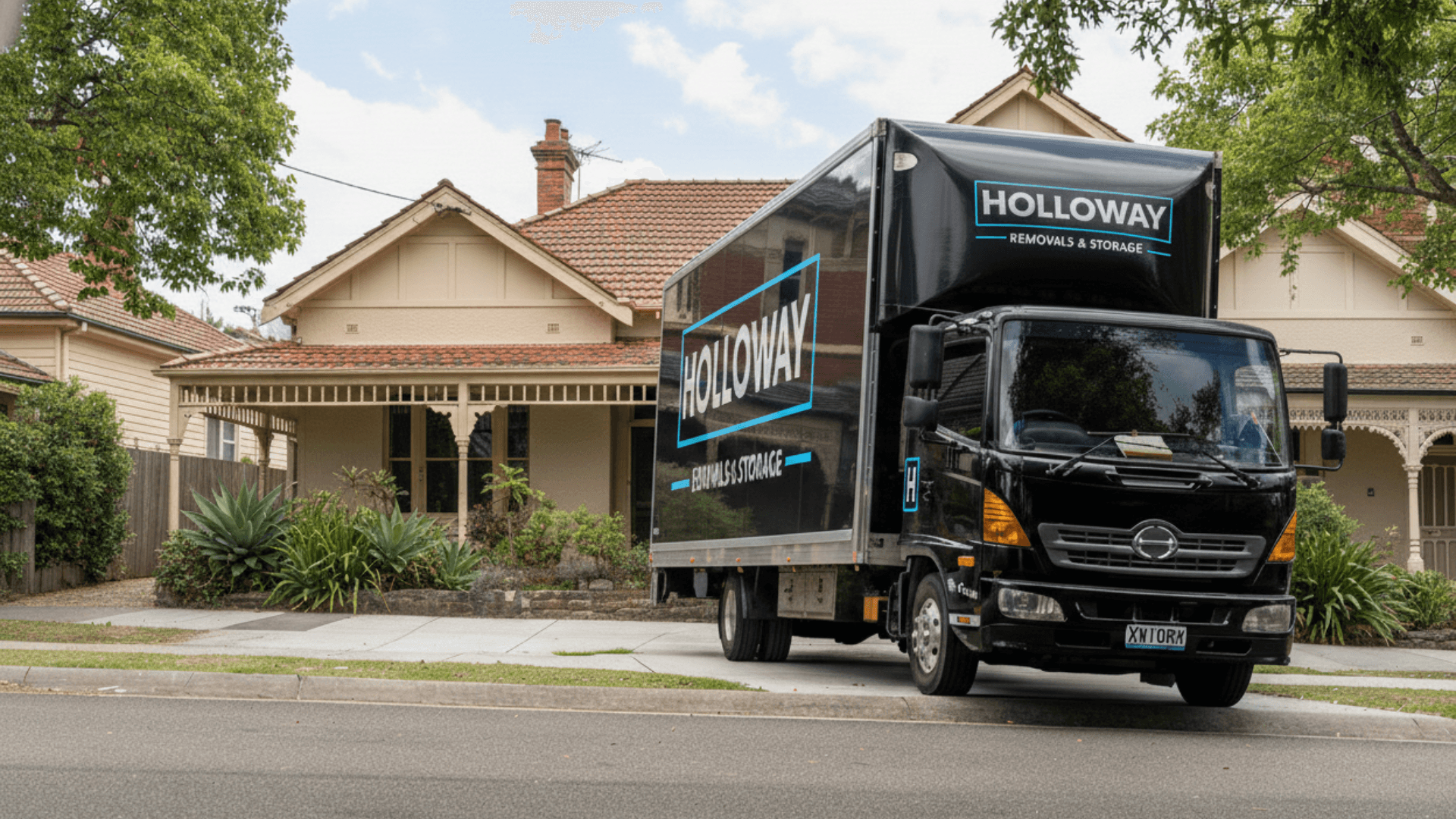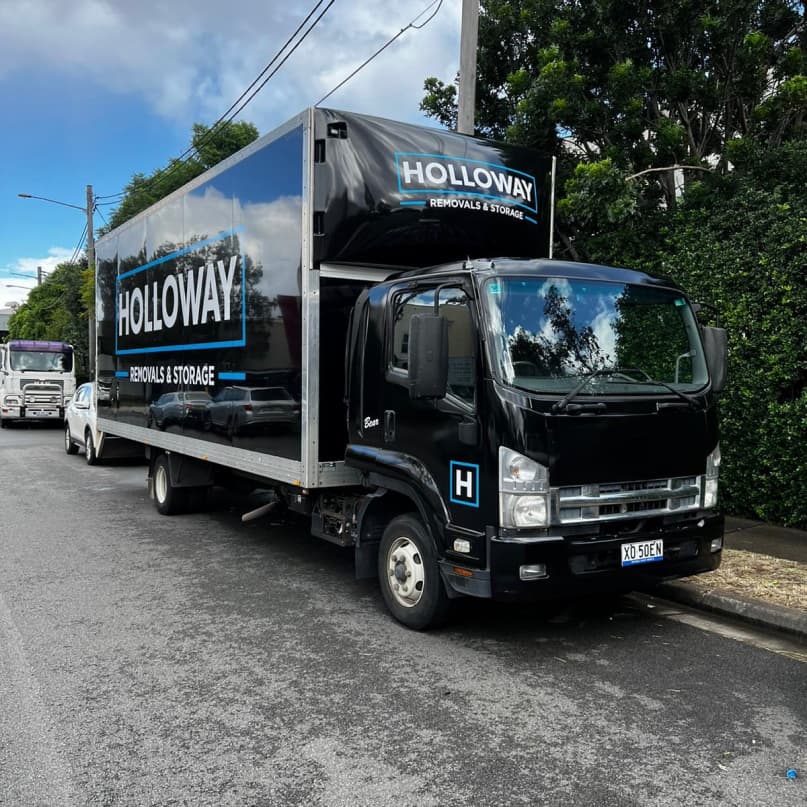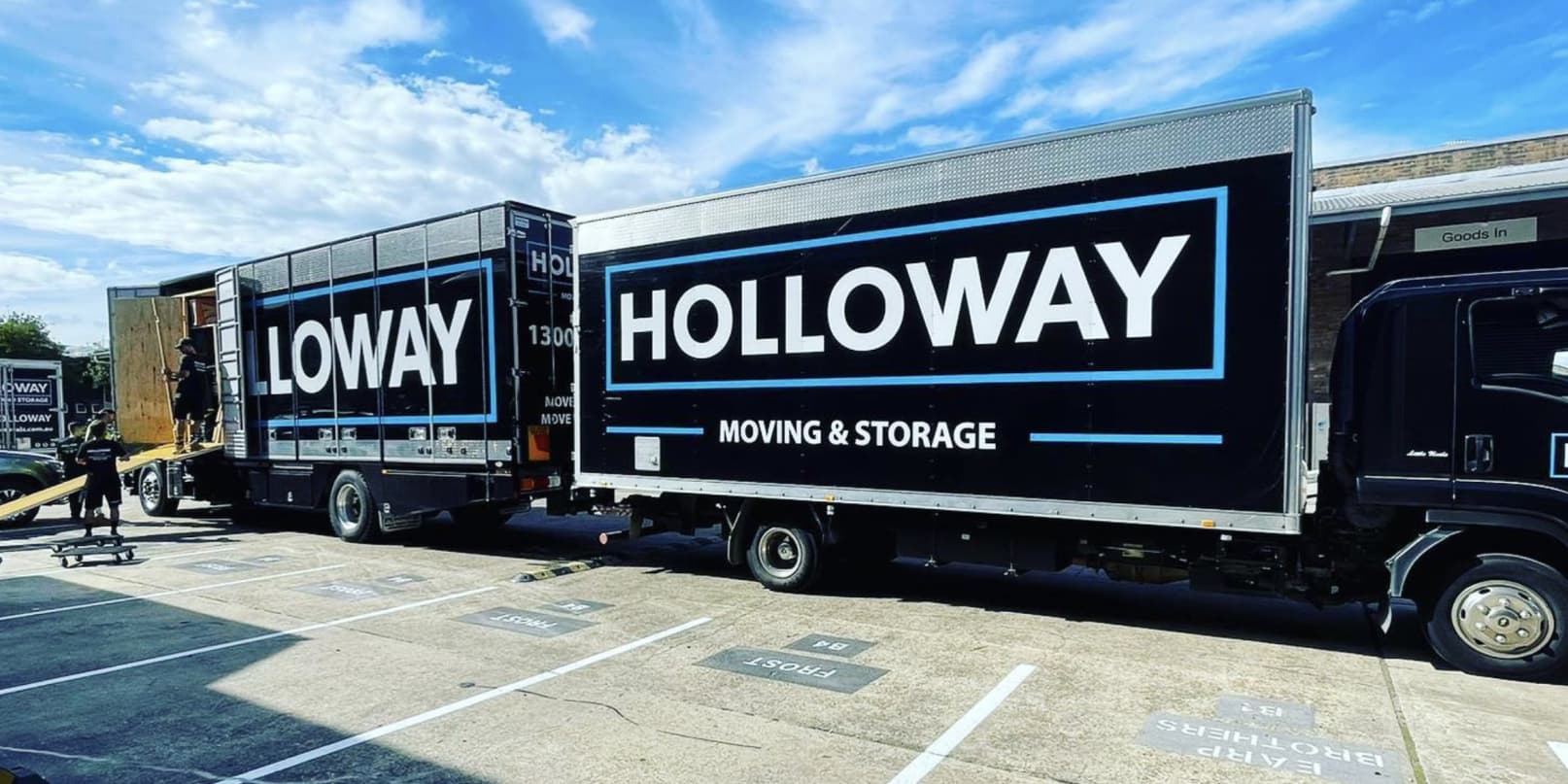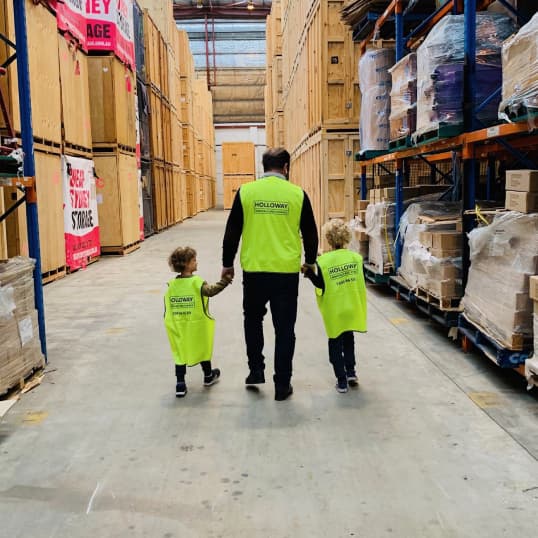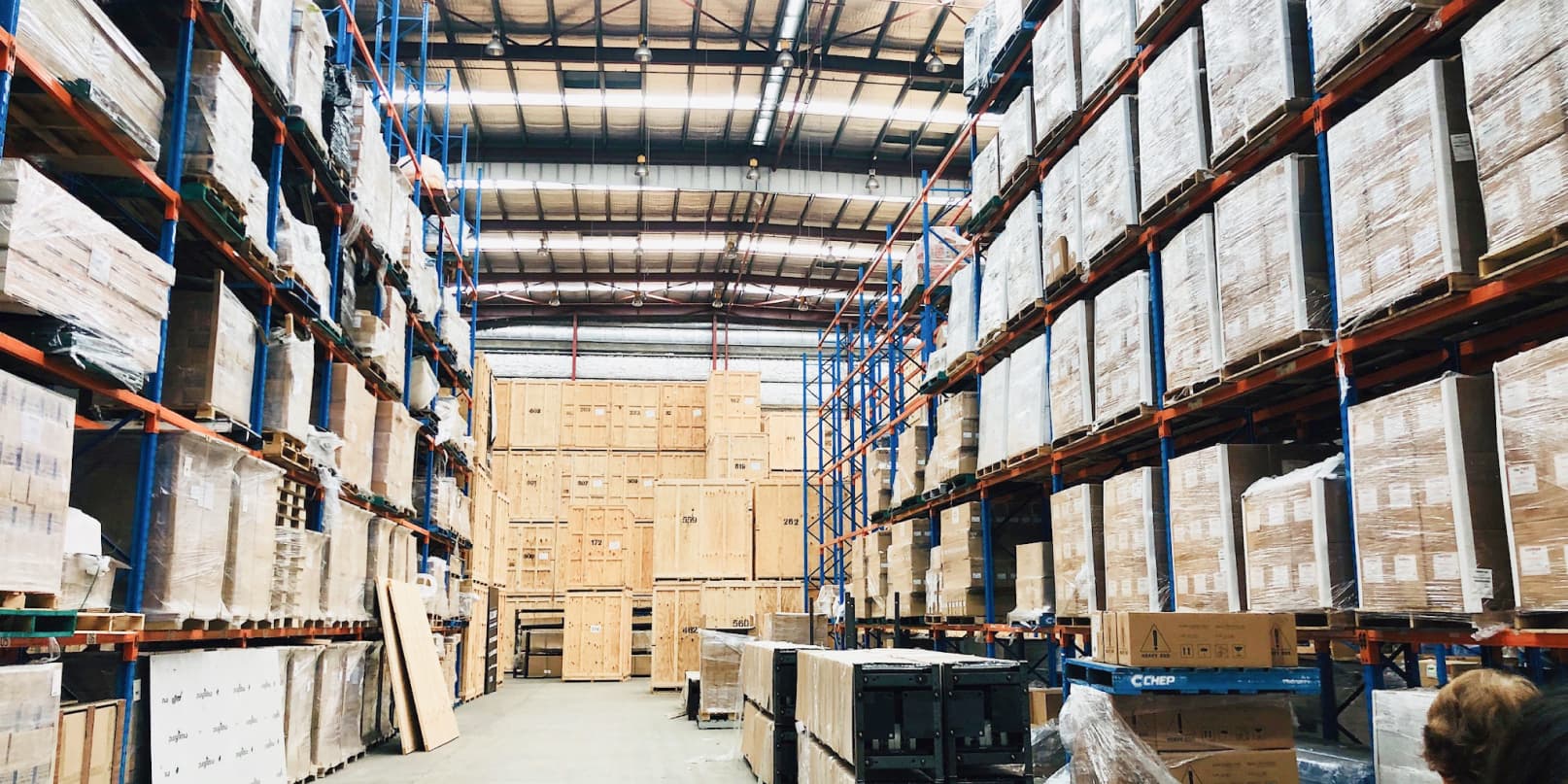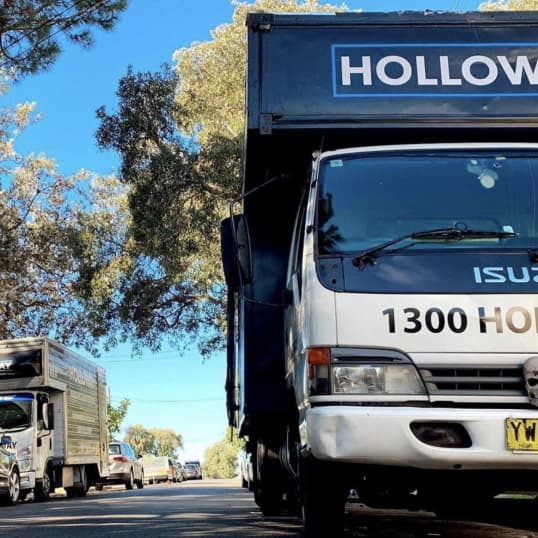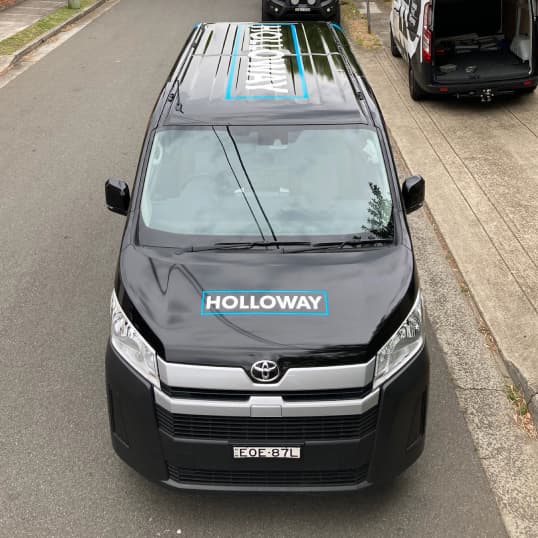
Moving house can be an exciting chapter in your life, but the process of packing, organising, and transporting your belongings can also be one of the most stressful. And did you know, the average Australian relocating around 13 times in their life? It's important to know how to plan a move smartly and efficiently. That's why we've put together 11 helpful tips for you to achieve a stress-free move.
Moving soon? Here's everything you need to know about moving house in 2026.
1. Create a Moving Timeline:
Getting ready to move house can take a lot longer than most people expect, leaving you with a lot to organise and limited time to do it. Our biggest tip is to ensure you start planning your move well in advance, especially if you're moving interstate. Create a timeline that includes important tasks such as packing, hiring removalists well in advance, and notifying utility providers. Making sure you stick to this timeline to help you stay organised and avoid last-minute chaos.
2. Declutter Before You Pack:
If you’re like most people, you will have probably accumulated your fair share of stuff kept for a rainy day. Moving is the perfect time to declutter and start afresh with the belongings you really love. Take the opportunity to donate or sell what you can and dispose of anything else before you start packing. This not only reduces the number of items you have to pack and move but also ensures a fresh start in your new home.
3. Gather Packing Supplies:
Collect all the necessary packing supplies. If you have a friend that has recently moved, ask if you can take any of their leftover boxes etc.
You might think that cheap moving boxes are a great way to save a bit of coin, however this is a great way to end up with your belongings strewn over your driveway. Make sure you include sturdy boxes, packing tape, bubble wrap, and markers on your shopping list. Having everything you need on hand at the start will streamline the packing process and prevent running to and from the shops the whole time.
Expert tip – purchase more boxes than you think you need. Consider getting your boxes from your removal company as they can give you advice on how many you might need of each box type. Most reputable removal companies will allow you to return any unused boxes for a full refund and this allows you to get stuck into packing without the worry of running out of packing materials.
4. Create a packing plan
We recommend that you start packing well in advance of your move date as packing always takes longer than you think. However, whether you start packing weeks before or days before, it is extremely important to create a packing plan and stick to it. This will help you stay on track and be ready for your move date.
When you start packing, start with the items that you don’t use very often. It is also worth setting aside items that you will need in your last few days (enough cutlery, plates etc. to service the members of your home).
We usually recommend starting one room at a time and working in a logical manner. We suggest tackling the hardest room first as it reduces stress leading up to your move date.
For most people, packing can be quite a daunting task, especially trying to fit it in around work and your daily life. Any quality removals company will offer packing services and it can often be worth at least asking about these services to see where they can help, even if you decide not to use them.
5. Label Boxes Clearly:
Label each box with its contents and the room it belongs to. This simple step will save you a lot of time when unpacking in your new home. You can even take this step further and label the location of the items within the room.
Our tip here is to label the outside of the box with the room it belongs to and a brief description of its contents.
Expert tip – create a list of items on the inside flap of the box as you are packing them. This way when you open the box, you will have a full list of its contents.
This will save time in the long run, with some moves having up to 140 moving boxes (we have even seen some moves that far exceed this).
6. Pack a Moving Essentials Box:
Pack a box with essential items you’ll need immediately upon arrival or even in transit. This could include toiletries, a change of clothes, important documents, chargers, hand soap, laundry detergent, pegs and a bottle of wine with 2 glasses which will be well deserved after all the hard work you have put in. Having these items readily available will help you settle in without added stress.
7. Hire Professional Movers:
Some people may choose to move themselves and this is a great way to save some money, however we often hear people referring to this as ‘the worst day of their lives’. There is actually a lot more involved than shifting items from A. to B. and this can be a false economy when you factor in damaged furniture, possibly even damaged walls and floors as well as damaged backs and lost friendships.
If you do decide to hire local removalists, make sure that they are AFRA (Australia Furniture Removals Association) accredited. This ensures that they are professionally trained. AFRA accredited removalists are also audited to ensure they have all relevant policies and procedures in place. They are also able to offer any additional insurance that you may require, meaning you can rest easy knowing they will do a great job.
Another important aspect is checking their reviews, as not all removalists are created equal.
Expert tip – look through each removalist’s website to see if they look like they have the experience and care to perform your relocation.
8. Notify Utility Providers in Advance:
Making sure you notify any utility providers to change your address is crucial to ensuring you don’t spend your first night in darkness.
Expert tip – make sure to contact your utility providers, (electricity, internet, gas) to see how much notice they need to reconnect your utilities at your new location.
It is worth setting a reminder in your phone or calendar to help you keep track. You should request to have them connect your utilities on the day of your move in, making everything just that little less stressful and more comfortable.
9. Take Care of Important Documents:
Keeping important documents on you is crucial when moving. Make sure you put aside things like I.D., medical/medicare cards, birth certificates, financial paperwork or anything else you may need at a moment’s notice in a secure and easily accessible folder. Transport these documents personally to ensure their safety during the move.
Our top tip is to keep your moving checklist handy so you don’t miss or forget any important items.
10. Plan for Kids and Pets:
We often find that moving can be quite challenging for children and pets, which in turn can make your day more difficult than necessary. Preparing your children for the move is important, so it's good to keep open communication with them about the process. If possible, consider arranging for a trusted friend or family member to look after them on your moving day. This will allow you to focus on the move without worrying about their well-being.
Expert tip – have their room or area prepared with familiar items so that it feels like home right away.
11. Take Breaks and Stay Hydrated:
Moving is physically and mentally demanding, especially if you aren’t an experienced removalist, so remember to take breaks and stay hydrated. Taking care of your well-being throughout the process will help you stay focused and reduce stress.
Expert tip – consider hiring a professional removal company that fits in with your needs and budget. A lot of removal companies will provide you with a fixed price relocation, so you know exactly what you’re paying for. This can make it easier to budget for your relocation during the planning stages.
Summary
Whether it's your first move or your 13th, by following these tips, you can significantly reduce the stress associated with moving and make the transition to your new home as smooth as possible. And for professional help, get a free moving quote from Holloway Removals today.


